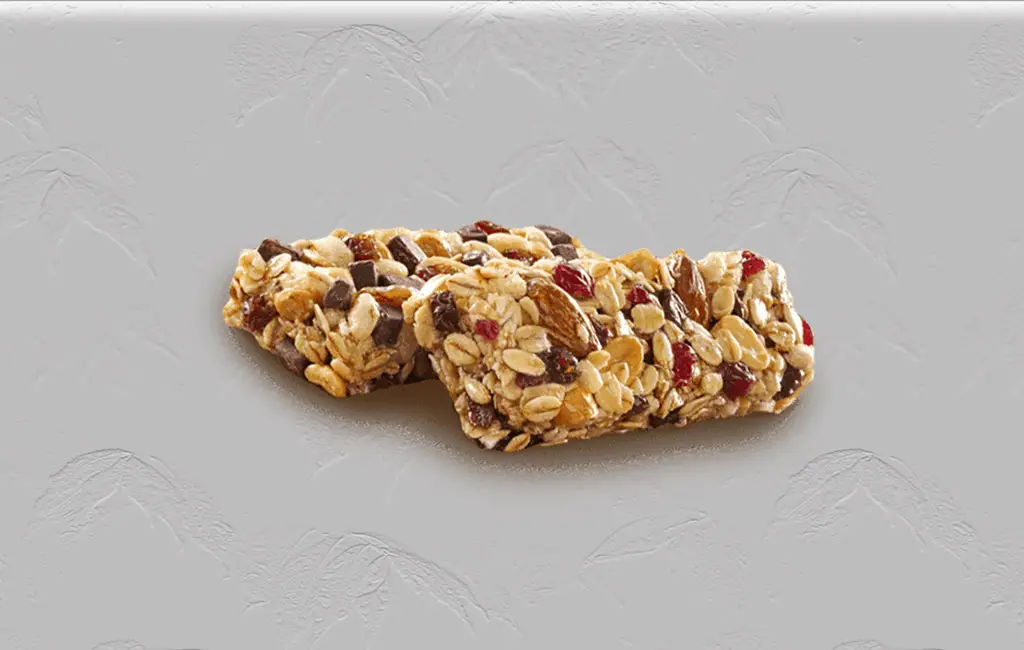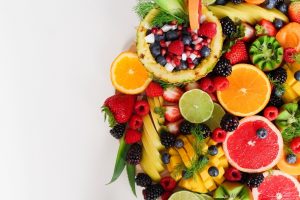There is a lot of misinformation on the topic of healthy eating. It’s not just fried and fatty foods that cause obesity and health problems. There is also danger from supposedly healthy foods. There are foods that are mistakenly considered healthy products.
Fats in all people’s diets and especially those with diabetes do not have a direct impact on blood sugar levels, but the consumption of a meal high in fat can slow down digestion and make it difficult for insulin to function properly.
When you eat greasy foods, your liver produces more glucose due to insulin resistance. The consumption of excessive saturated fat can increase the level of LDL cholesterol in your blood. A high level of LDL cholesterol in your blood increases the risk of heart disease and stroke.
There is a lot of misinformation regarding the issue of a healthy diet. It is not just fried and greasy foods that cause obesity and health problems. Supposedly healthy foods can also be dangerous. Some foods are mistakenly considered healthy products.
Foods and beverages that must be consumed in moderation
Pastries with phyllo
Cheese, sausage, and mushroom pastries, bougatsa (a cream pie made of phyllo pastry, or with cheese and/ or spinach in its savory version), leek and spinach pastries do not constitute a healthy way of eating and ideally, should be excluded from our diet.
In 2021 during a study of the Agricultural University of Athens- Single Food Control Authority (EFET), in random bakery products samples from 123 enterprises, it was found that about 1 in 10 samples (11,4%) had industrially produced trans fats (i-TFA) above the legislative threshold. (>2% i-TFA on total fat).
These products mainly concerned cheese pastries and bougatsa with cheese. In other words, pastries contribute to the overall intake of trans fats, particularly in adults 18-50 years old.
Even removing the phyllo from the pastry does not make it healthier as its content has a large amount of saturated fat.
Alternative substitute
There is not one, you should just not consume this product or consume a very limited amount of it.
Sweets with Stevia or other sweeteners
Stevia rebaudiana is a bushy shrub native to Argentina, Brazil, and north-eastern Paraguay. It is best known as a natural sweetener.
People consume Stevia to avoid health issues related to obesity, high blood pressure, and diabetes. Stevia, however, contains chemicals that are 200-300 times sweeter than sucrose. Not all Stevia types are safe.
The vast majority of Stevia sweets available from pastry shops and supermarkets usually include other substances containing carbohydrates that lead in about 3-5 hours to increased sugar.
Alternative substitute
There is not one, you should just not consume this product or consume a very limited amount of it.
Bars
It might seem like a healthy snack, but bars are not always as healthy as they look. Many of them, for instance, the ones with Granola, are full of sugar, even the ones called or considered sugar-free.
This happens because most bars contain much more ingredients than oats, nuts, and fruit which are usually indicated on the packaging. Many of them are full of palm oil, added sugars, artificial sweeteners, and other ingredients that do not help our body.
What to look for in a cereal bar? Check the etiquette very carefully! For example, 4 grams of sugar is the equivalent of one teaspoon. Some bars contain 6 or more teaspoons of sugar, which is not always refined at that.
Alternative substitute
For a hearty snack, you could try raw nuts.
Calorie-free soft drinks
According to the article published in “The Yale Journal of Biology and Medicine” in June 2010, artificial sweeteners can often not be enough and leave you with an increased appetite, even if you have already consumed enough calories for the day.
This is due to the intensely sweet taste of artificial sweeteners which can also cause cravings for sugary foods, leading to excessive calorie intake. Therefore, the artificial sweeteners that can be found in soft drinks can in fact lead to gain weight and spoil the biochemistry of the body.
Artificial sweeteners can also influence the production of important proteins, that protect from obesity and type 2 diabetes. According to a study published in April 2009 in “Diabetes Care” magazine, people who consume light soft drinks daily have a 36% higher risk of developing metabolic syndrome and 67% higher risk of developing type 2 diabetes than people who do not consume them.
Check the list of ingredients for aspartame, saccharin, sucralose, and acesulfame potassium. If one of these artificial ingredients is in your drink, there are possible side effects on your health.
According to “The Center for Science in the Public Interest”, these artificial ingredients can cause thyroid problems. Some people claim that artificial sweeteners cause headaches and dizziness too.
According to North Carolina University soft drinks in general, whether light or not, can cause problems in your teeth and bones because they contain phosphoric acid which makes the drink acidic, which can cause tooth enamel erosion. Phosphoric acid also causes the excretion of excess calcium in the urine.
Alternative substitute
Limited consumption of 1 can per day has no harmful effects. A good alternative is the consumption of a glass of carbonated water with fresh fruits and mint leaves.
Low-fat milk
The main difference between the available types of milk is the fat content. Whole milk contains more fat and calories than skim (light) milk.
Low-fat milk gained popularity in the 1960s due to a trend against saturated fats, which are thought to lead to gain weight, and bad cholesterol (LDL), which was linked to heart disease.
Between 1975 and 2014, sales of whole milk decreased by almost 61%, while sales of milk with 2% fat increased by almost 106%.
During the same period, sales of milk with 1% fat and 0% (skimmed) increased by about 170% and 156%, respectively, according to USDA data.
According to various research, saturated or whole milk can lead to lower calorie intake overall.
The more fat a glass of milk has, the higher its omega-3 content. Omega-3 fats help the heart and brain function.
Alternative substitute
The calcium contained in milk is also found in foods such as almonds, broccoli, cabbage, oranges, beans, figs, and salmon. Milk though is necessary for children so you could opt for almond milk or soy milk.
Bread
Bread is one of the main sources of sodium in our diet. However, even brown bread contains sugar and salt. High salt consumption raises the pressure, increasing the risks of heart disease and stroke.
Processed flours can raise our blood sugars. According to Harvard’s nutrition department, bread contains a high glycaemic index leading to high blood sugar values.
Compared to fruit and vegetables, bread is relatively low in important nutrients such as proteins, fats, vegetable fibres, vitamins, and minerals.
Alternative substitute
You should choose types of bread rich in vegetable fibres with seeds and grains.
Margarine
The consumption of butter is not good for the heart, but unfortunately, this is also the case for its supposedly healthy substitutes.
The majority of the kinds of margarine in the market are produced with palm oil, which contains high amounts of saturated fats that can raise cholesterol.
They also contain trans fats, which increase LDL (bad) cholesterol and make platelets sticky, increasing the risk of heart disease.
Alternative substitute
The safest choice is olive oil-based margarine.
Sources:
- WebMD, 2022
- National Library of Medicine, 2016
- European Association for the Study of Diabetes (EASD), 2017
- Harvard -T. H. Chan, School of Public Health
- Center for Food Safety and Applied Nutrition, 2021
- The Journal of Nutrition, 2015



